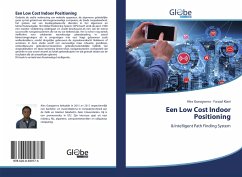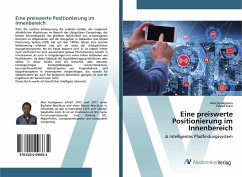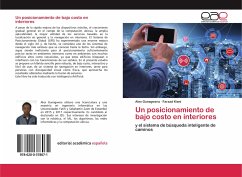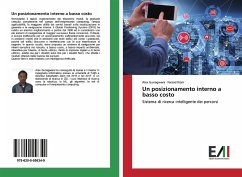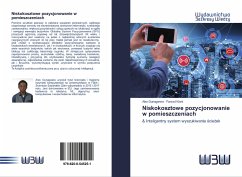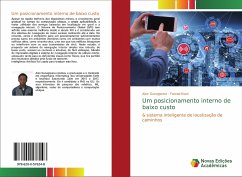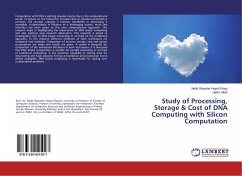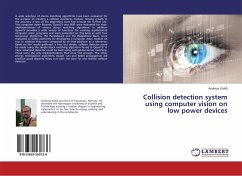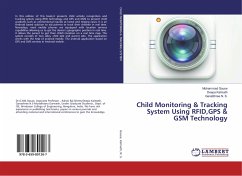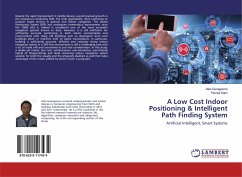
A Low Cost Indoor Positioning & Intelligent Path Finding System
Artificial Intelligent, Smart Systems
Versandkostenfrei!
Versandfertig in 6-10 Tagen
27,99 €
inkl. MwSt.

PAYBACK Punkte
14 °P sammeln!
Despite the rapid improvement in mobile devices, overall gradual growth in the ubiquitous computing field, the wide applicability, more usefulness of location based services in general and indoor navigation. The Global Positioning System (GPS) has undergone tremendous improvement since the 1900s and it, indeed is considered one of the most successful navigation systems known to date. However, it is still inefficient for sufficiently accurate positioning in both indoor environments and environments with many tall buildings such as skyscrapers since such buildings block or interfere with its sig...
Despite the rapid improvement in mobile devices, overall gradual growth in the ubiquitous computing field, the wide applicability, more usefulness of location based services in general and indoor navigation. The Global Positioning System (GPS) has undergone tremendous improvement since the 1900s and it, indeed is considered one of the most successful navigation systems known to date. However, it is still inefficient for sufficiently accurate positioning in both indoor environments and environments with many tall buildings such as skyscrapers since such buildings block or interfere with its signal transmissions. In particular, building a sufficiently accurate, efficient and relatively cheap indoor navigation system in a GPS-free environment is still a challenging task with a lot of trade offs and constraints to put into consideration. In this study, a simple yet robust, low cost, context-aware user-interactive, user-friendly hybrid of fingerprinting and dead reckoning indoor navigation system suitable for both the visually and the physically disabled as well that takes advantage of the results yielded by sensor fusion is proposed.



